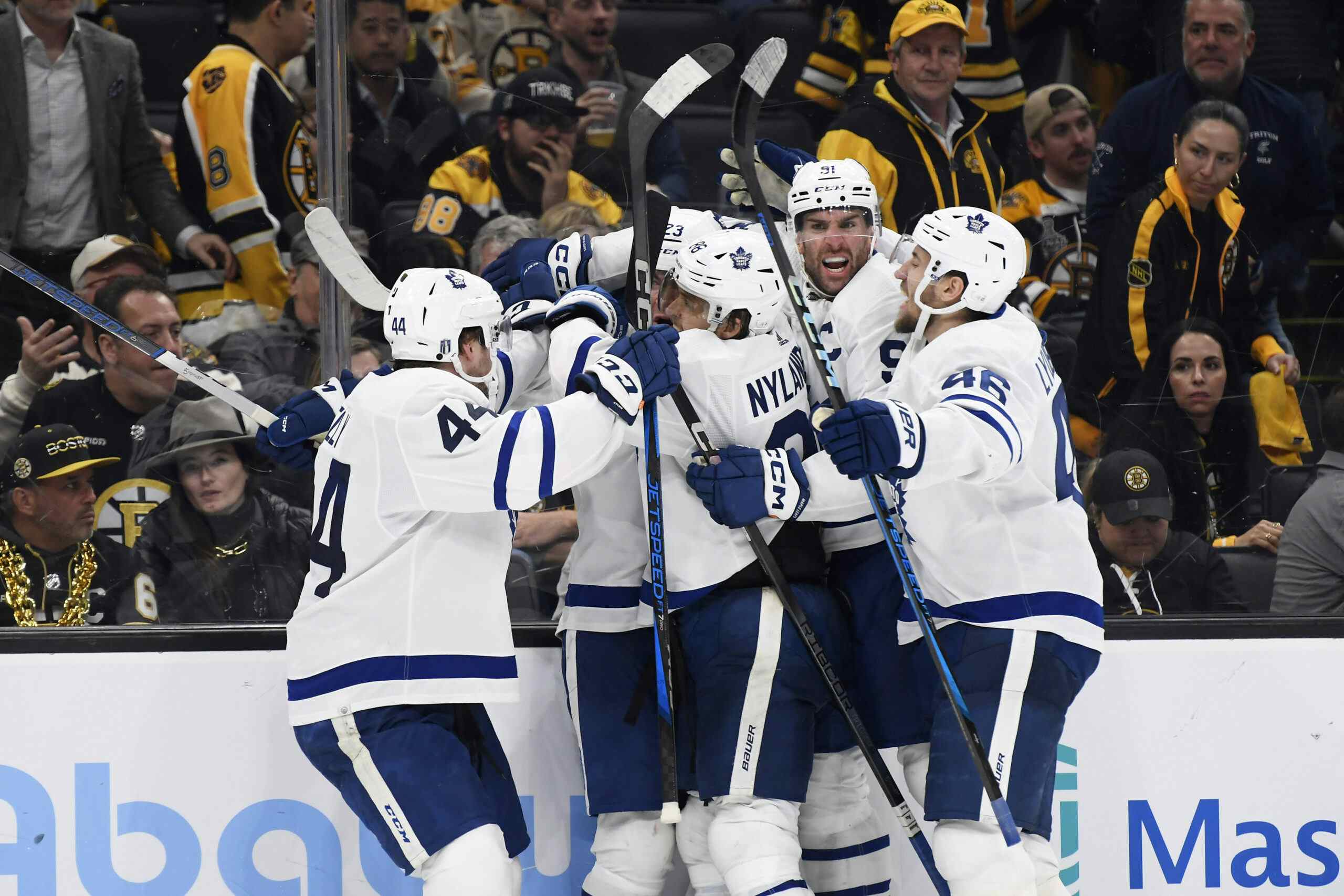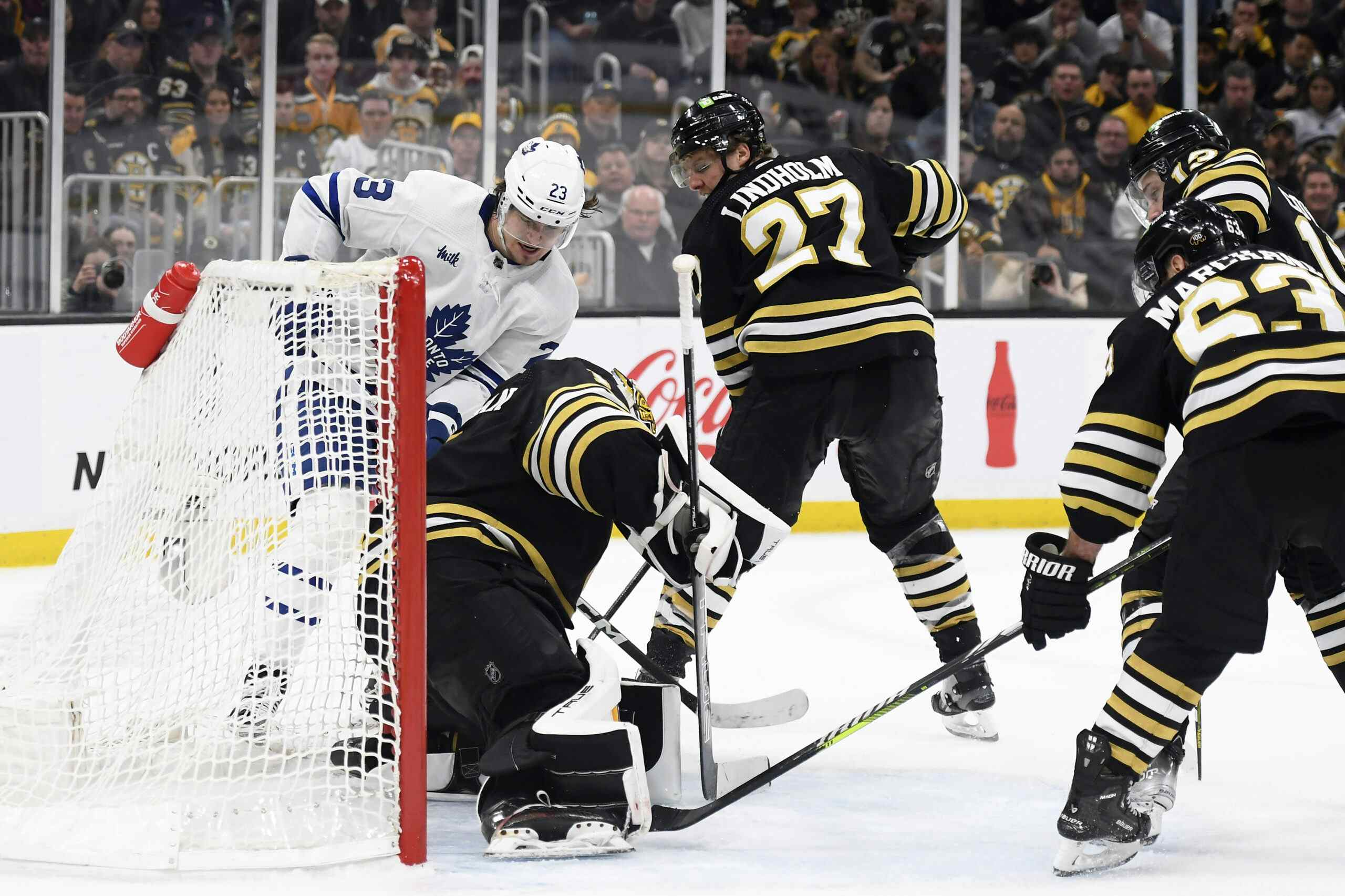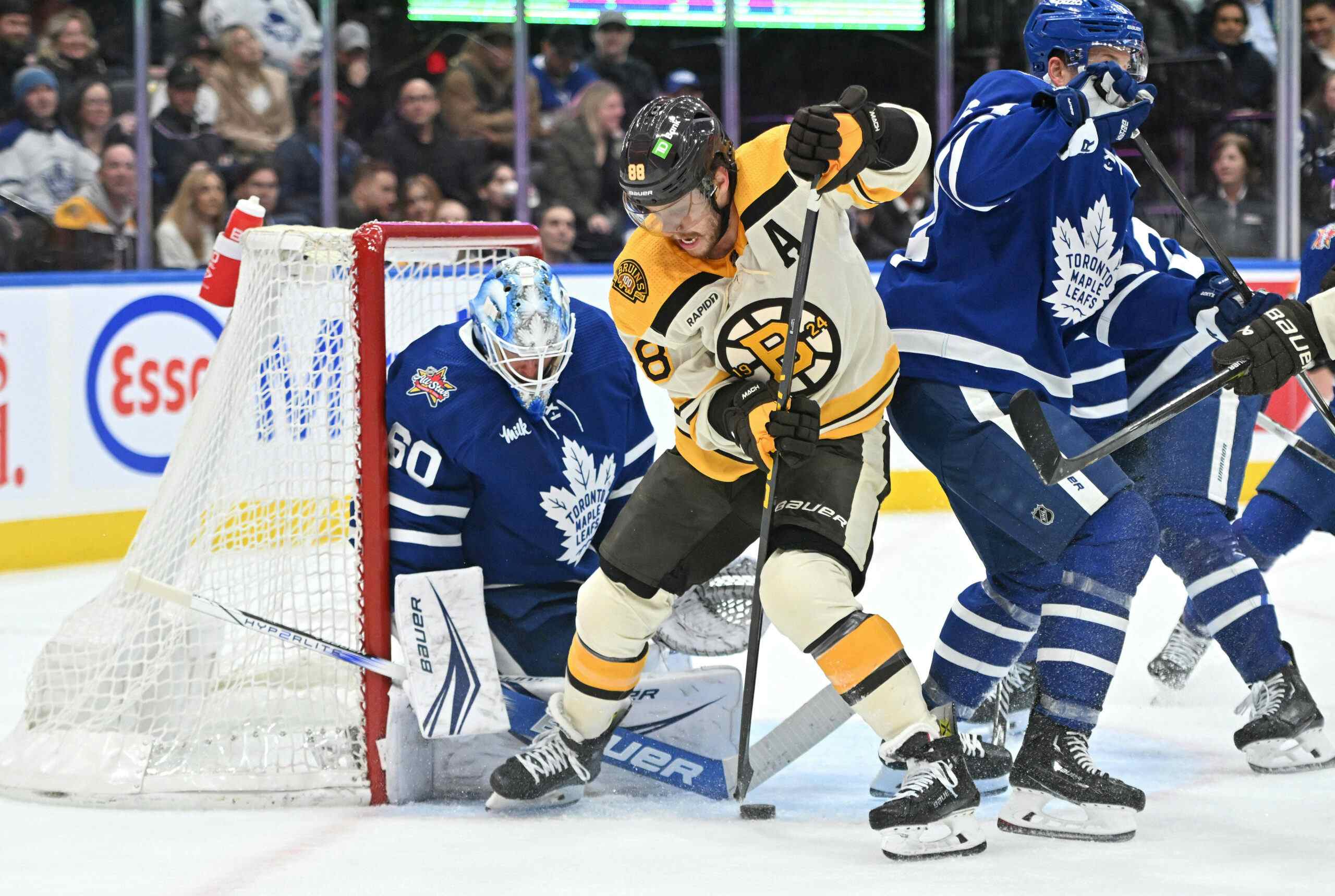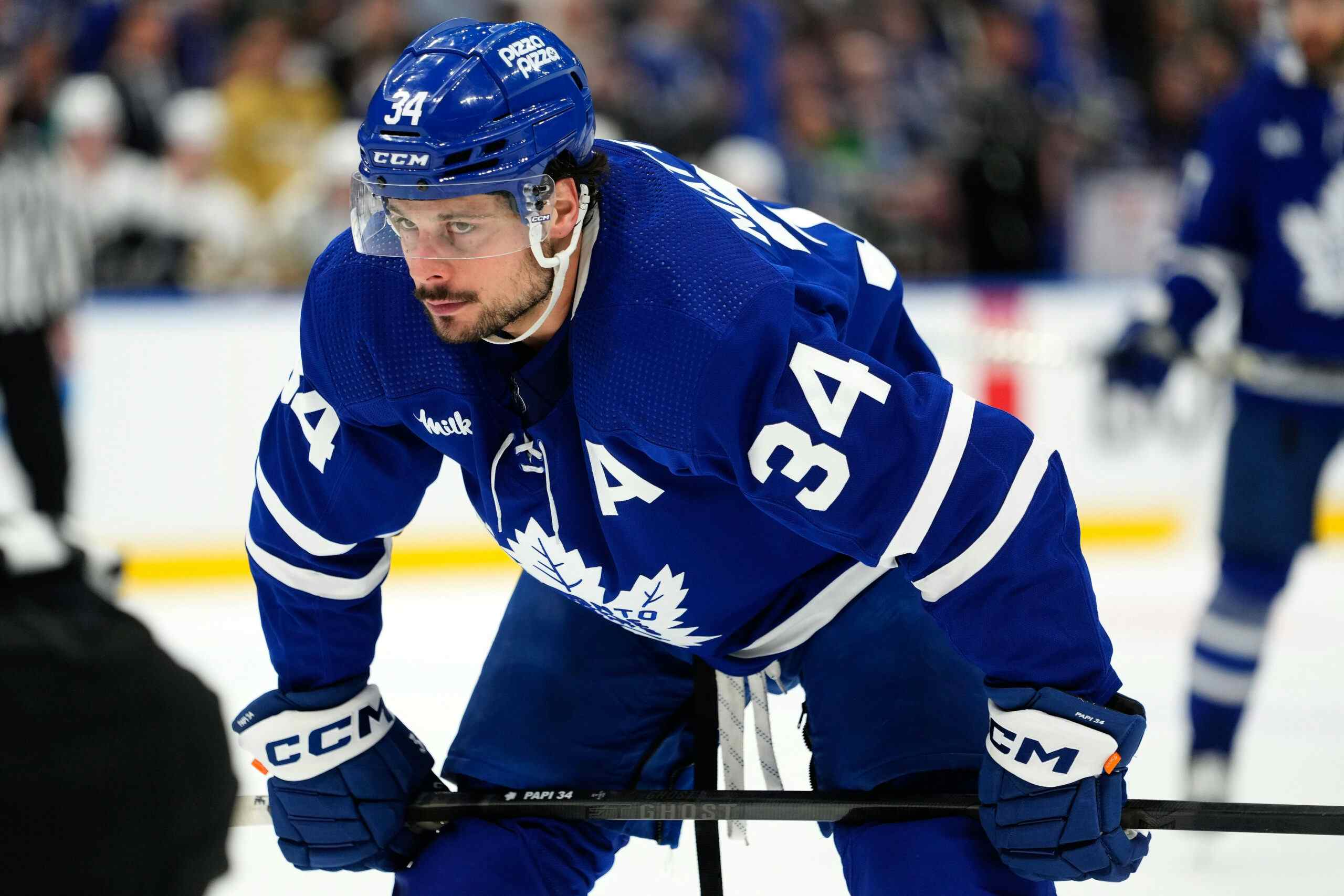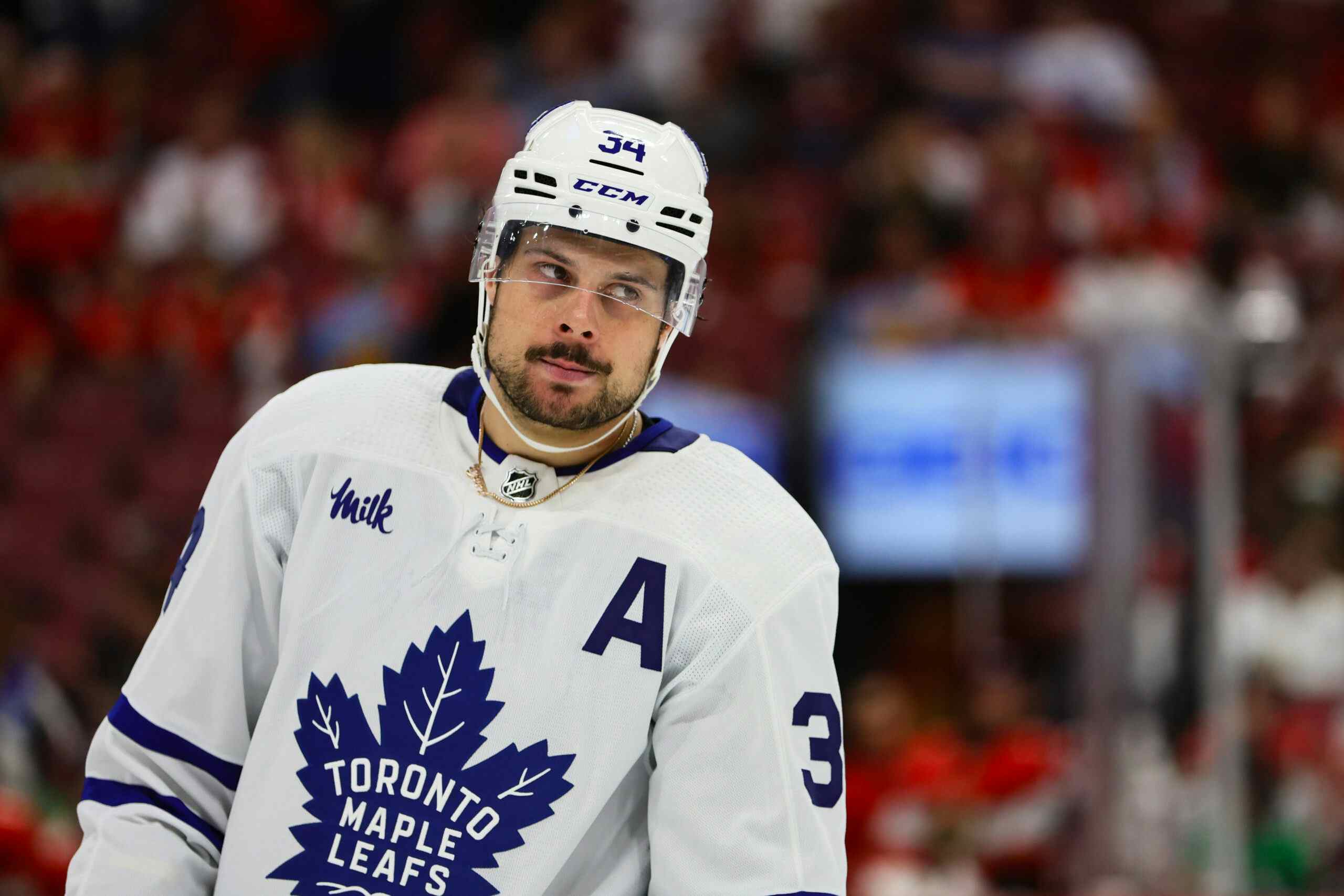Why the Leafs shouldn’t trade James van Riemsdyk
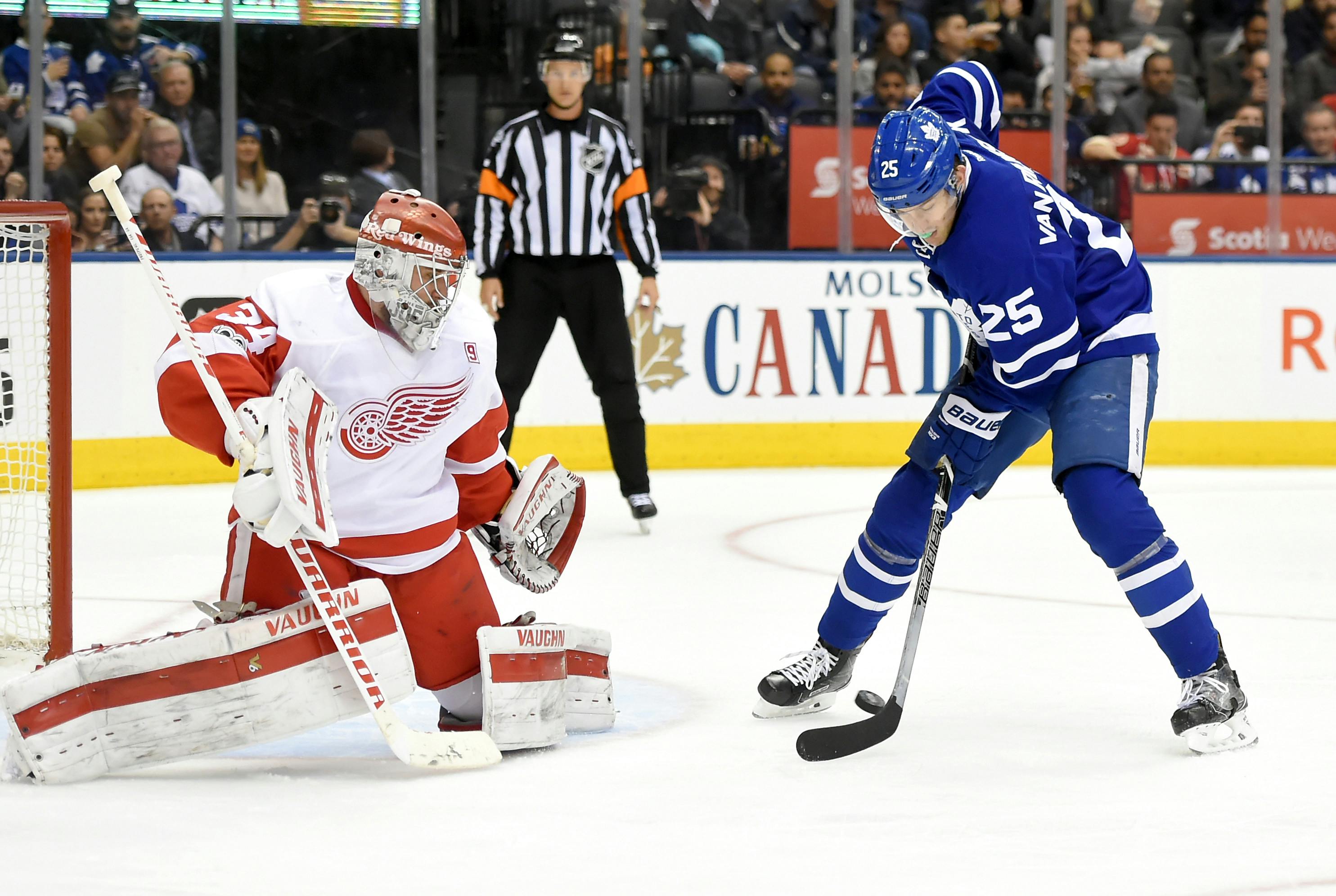
In terms of trade rumours surrounding the Toronto Maple Leafs, James Van Riemsdyk’s name is one that’s picked up significant steam throughout this season and will no doubt be at the top of the Leafs’ hypothetical trade boards as we get closer to the playoffs ending. He’s signed for just one more season at $4.25 million, and is looking to hit a big payday in his first year as a UFA in 2017-18.
JVR may end up a member of the Toronto Maple Leafs one year and a few months from now, or he may not. Even though it’s in the backs of their heads, I doubt either JVR or management knows exactly what his future holds.
If JVR does end up leaving the Leafs under this current contract, it shouldn’t be via a trade.
Here’s a set of reasons why the Leafs would probably regret that move if they were to pull it off:
Needing pieces for the “push”
For years, Leafs fans wanted one thing: a competitive, exceptional roster. Though it took multiple rebuilds, it’s safe to say they got that from the 2016-17 edition and it can only be assumed they’re about to get better moving forward.
James van Riemsdyk, of course, is a big part of that core. He finished second on the team in overall scoring and third in goals, potting 29 markers in the season. In the three seasons with the Leafs where he’s played at least 80 games, he’s gone for 27, 29, and 30 goals. A good offensive player, that.
The Leafs can safely say they’ll be looking to be a top contender for the Cup within the next few seasons. While it might be too early to start calling them favourites, it’s really not that farfetched to see a team with an elite offence and solid goaltending making a push to try to win it all within JVR’s current contract.
Though it’s easy to talk about how great the Leafs’ rookies are, it shouldn’t be understated how much JVR, Nazem Kadri and even yes, Tyler Bozak contribute to the Leafs offence. Had any one of those players gone down for significant time this season, the Leafs wouldn’t have had six forwards all top 55 points, and just maybe might have missed the playoffs.
Next year, the Leafs are going to need to get every piece of scoring they can get, and giving up on JVR would be a step backwards in this team’s path to being an elite offence.
Loyalty
Loyalty is one of the most overrated things in sports, when it comes from a player’s’ perspective. Many fans get personally insulted when a free agent decides to take on another contract offer. JVR, who has been a very good player in Toronto, owes nothing to the organization and is free to explore his options next July.
I don’t know where his priorities lie, but the ball’s in JVR’s court. If he wants to come to a contender, re-signing in Toronto is probably a great option. If he wants term, he’ll get it somewhere, and if he wants a splurge to be made a team’s top-2 forward, there’s likely someone looking to pay him too.
But loyalty, when it comes from a management-to-players standpoint, is really a rare use of the word “intangible” that’s tough to really understand from the outside looking in. Whatever kind of culture they were building in Toronto, JVR has been living it since day one and has been with the Leafs through good and bad. What kind of image to the league would it project if the Leafs were to trade away a star player who’s been around for mostly garbage seasons simply because they might come out slightly ahead on the deal?
The move would be bad press for the Leafs organization as a whole and their player management skills would not be looked upon strongly. On the off-chance it could inadvertently impact their ability to sign a free agent in the future, the move could end up being more costly than it looks on paper.
You’ll lose the trade
If a team were to acquire him at the trade deadline, you’d get about 20ish games of JVR and his playoff performance. What’s the value of an expected 15 points or so over that stretch? A late first round pick? A second round pick? A good prospect? A weird package? Honestly, it’s a really tough judge on what exactly a UFA rental will get in any given year. Some GMs are good at this and others are bad. I have no real idea what the Leafs would get in the trade, but it probably wouldn’t be a one-for one deal.
The old adage that “you can never have too many picks” is true, but there definitely comes a tipping point where it stops making sense. The Leafs, who are already good, have seven second or third round picks over the next two seasons alone.
Of course, the caveat comes if the Leafs try to make the trade in the offseason, where we’d get a full season (or more) of any players coming back the other way. If the Leafs were simply trading for another forward, the question is why? If it’s a young prospect, I mean, I guess, but how many young prospect forwards are the Leafs going to take?
Of course, the caveat comes if the Leafs try to make the trade in the offseason, where we’d get a full season (or more) of any players coming back the other way. If the Leafs were simply trading for another forward, the question is why? If it’s a young prospect, I mean, I guess, but how many young prospect forwards are the Leafs going to take?
If it’s a defenceman, how many defencemen can contribute as much defensively as JVR can offensively? They’re not going to be landing a premier offensive contributor in this deal. If anything, the Leafs brass would be targeting a fancy-stats darling who could help lower the Leafs’ shots against total. Can they find a guy who can both do that and help contribute to the Leafs goal differential as much as a forward who’s a lock for 25 goals and finished in the top 60 for even strength scoring rates over the past three years? Unlikely.
Not everything is about perfect value asset management
It’s obviously not an exact comparable, but Kevin Shattenkirk was a member of the Washington Capitals for exactly 32 games this season. Along with Pheonix Copley, Shattenkirk was traded for Bradley Malone, Zach Sanford, a conditional draft pick, a round 1 pick in the 2017 draft and round 2 pick in the 2019 draft.
Copley, an AHL goalie, and Shattenkirk are both upcoming UFAs this season and you have to assume it’s more likely than not the Capitals don’t re-sign them. In the end, the Capitals got “not a Cup” from Shattenkirk, and an expired UFA deal. Was it a bad trade because of that? Well, 29 teams (soon to be 30) lose the Cup every year. Just about every one of them has expiring deals. If you’re going to want to win the Cup in any given year, you’re going to have to take some risks.
Obviously not trading away a UFA is different than acquiring one and losing assets, but the premise is the same. In any case, your goal is to make your team as competitive as possible, and that’s what the Leafs would do by keeping JVR as the Capitals did by acquiring Shattenkirk.
The Leafs might win the Stanley Cup next season, but even if just about everything goes right, they still probably won’t. The odds are still stacked against even the most talented team entering the playoffs. But that doesn’t mean it’s not worth it to give it your best shot, and both JVR and the Leafs have earned that chance.
Recent articles from Adam Laskaris

